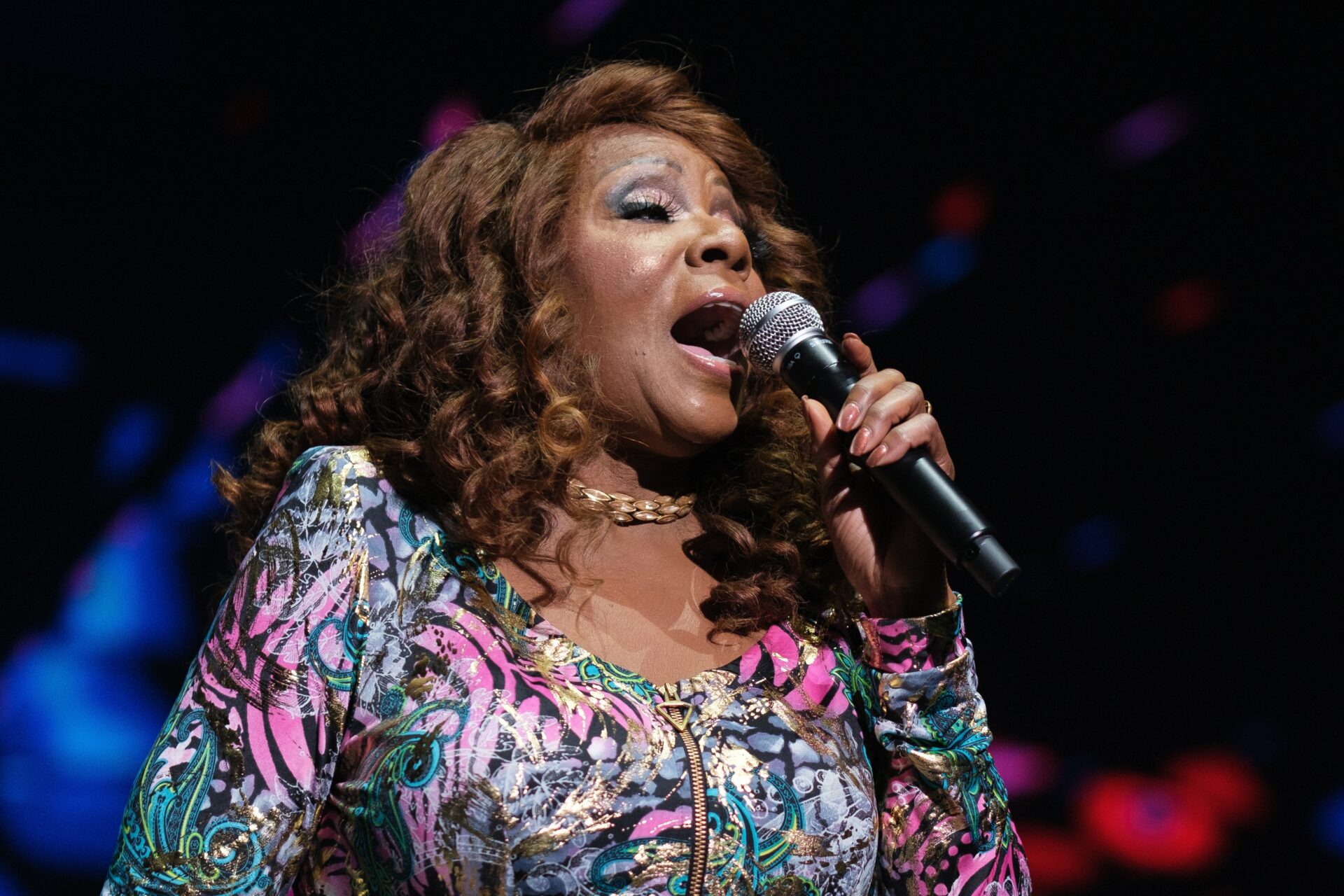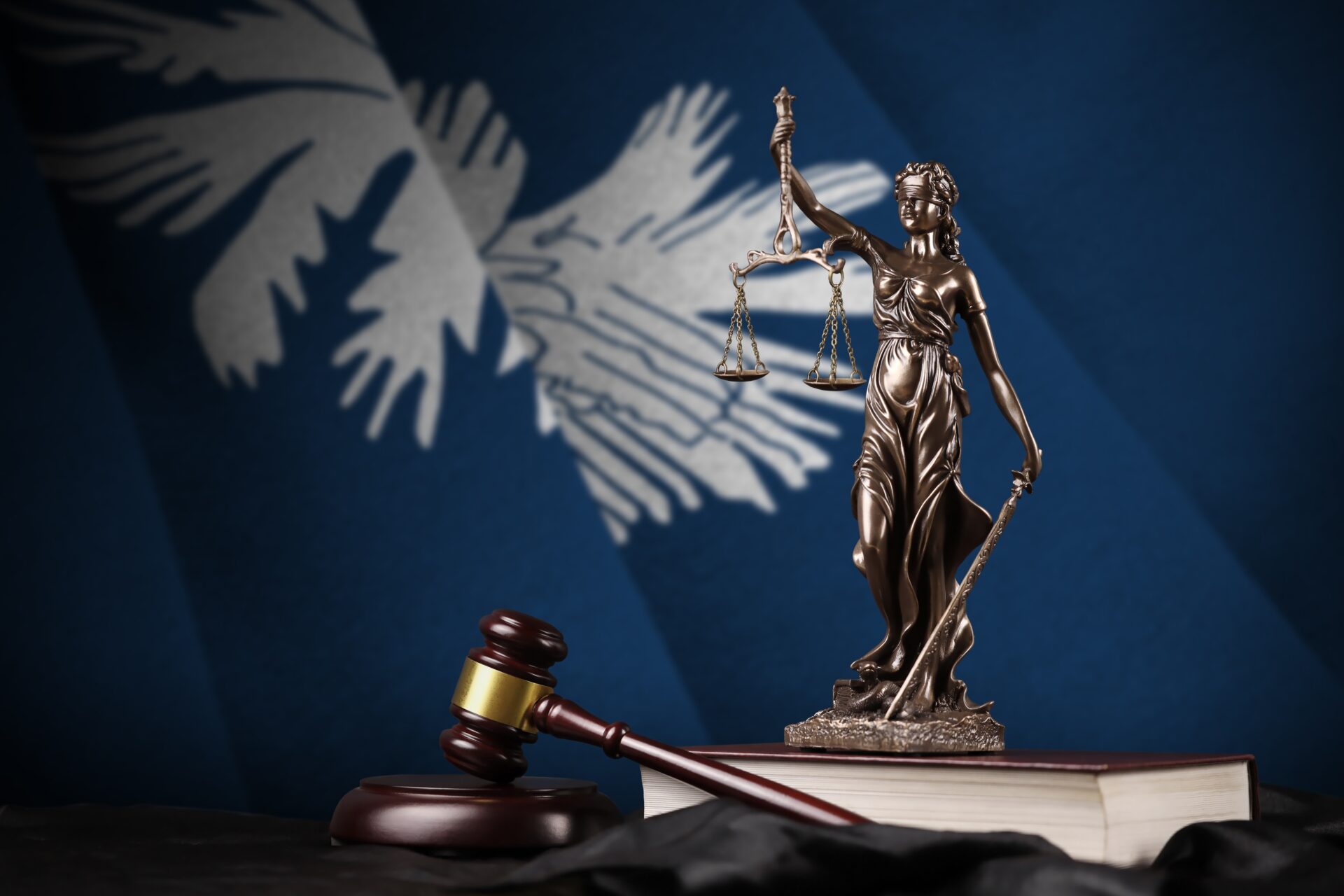
Kennedy Honor IGNITES Culture Clash!
Ana Navarro’s public plea for Gloria Gaynor to reject her Kennedy Center Honor has spotlighted President Trump’s unprecedented control over the awards and reignited debate over partisanship in American cultural institutions.
At a Glance
- Ana Navarro urged Gloria Gaynor to decline her Kennedy Center Honor on political grounds
- Trump, now chairman of the Kennedy Center board, claimed to have personally selected 98% of honorees
- Critics call Trump’s role partisan overreach, while supporters see it as restoring traditional values
- The Kennedy Center Honors have historically been a nonpartisan tradition since 1978
- Gaynor has expressed gratitude for the recognition and has not indicated she will refuse
Navarro’s Public Plea
On August 14, 2025, Ana Navarro, political commentator and co-host of The View, used social media to urge singer Gloria Gaynor to reject her Kennedy Center Honor. Navarro argued that accepting the award would legitimize President Trump’s growing influence over cultural institutions, citing his record on women’s, minority, and LGBTQ rights. She pointed specifically to Gaynor’s anthem “I Will Survive,” widely embraced as an LGBTQ symbol, as evidence that Gaynor’s acceptance would be seen as a contradiction.
Navarro’s appeal quickly spread across media outlets and social networks, drawing strong reactions. Supporters of her message praised the call for artists to resist political manipulation, while critics argued that demanding Gaynor decline the honor politicized what was intended to be a lifetime cultural recognition.
Watch now: Ana Navarro Calls on Gloria Gaynor to Reject Trump’s Kennedy Center Honor · YouTube
Trump’s Direct Involvement
The Kennedy Center Honors, established in 1978, traditionally recognized lifetime contributions to American arts and culture, with honorees selected by the institution’s board and artistic committees. Sitting presidents attended ceremonies but did not dictate selections. This year marks a sharp departure from that precedent.
President Trump assumed chairmanship of the Kennedy Center’s board in early 2025, describing the move as a response to “leftist programming” that included drag performances and politically progressive content. He later declared he had chosen “98 percent” of this year’s honorees, framing the shift as a return to what he called “traditional American values.”
His critics, including Navarro, argue this direct involvement undermines the apolitical nature of the awards. Trump’s supporters, however, contend that his role is a corrective measure against what they see as years of liberal dominance in the arts.
Artists and Institutions in the Crossfire
This year’s honors have become a focal point of the ongoing U.S. culture wars, with activists and commentators demanding public figures take political stands. By urging Gaynor to reject the honor, Navarro placed the singer at the center of a broader struggle over the neutrality of cultural institutions.
Gaynor, now 81, responded by saying she felt “beyond blessed” to receive the honor and has given no indication she will refuse. Her decision has drawn attention to the difficult position artists face when awards once seen as celebratory are reframed as political statements.
The incident highlights a growing trend in which cultural institutions are pulled into partisan disputes. Analysts warn that the erosion of neutrality risks undermining the prestige of honors like those awarded by the Kennedy Center. What was once intended as a unifying acknowledgment of artistic achievement may now serve as another arena of division in America’s cultural and political landscape.
Sources
CNN
The Washington Post
Associated Press


